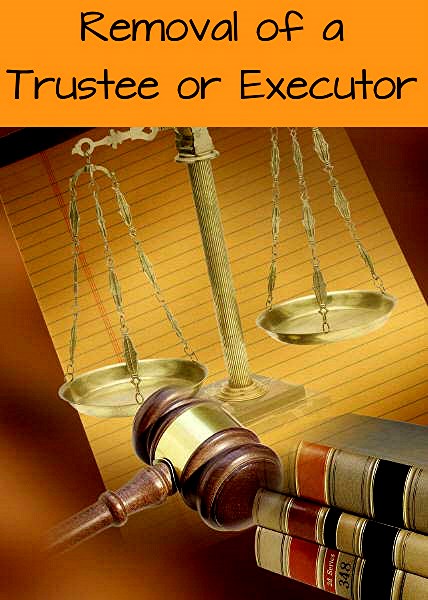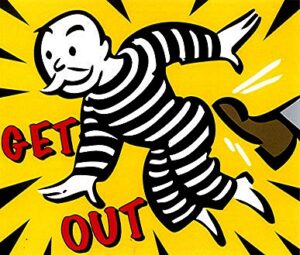
In exercising its discretion as to whether or not to remove a trustee, the courts will follow a general rule that their main guide must be the welfare of the beneficiaries. The circumstances of each case must be reviewed very carefully, as the courts are reluctant to remove an executor/trustee as same was chosen by the testator.
A court may remove a trustee on the basis of misconduct if the evidence shows that the executor acted in a manner that endangered the estate, or that as executor he or she acted
dishonestly, without proper care, without capacity to execute the duties, or without reasonable fidelity (Conroy v. Stokes, [1952] 4 D.L.R. 124 (B.C.C.A.), followed by
Dunsdon v. Dunsdon Estate, 2012 BCSC 1274 at para.202).
A trustee will be removed under section 30 of the Trustee Act where there is potentialconflict of interest between the personal interests of the trustee and those of the
beneficiaries, particularly in the situation where the trustee sold assets at far below market value, and the trustee had benefited from her administration of the estate
(VanKoughnett and Others v. Austin, 2006 BCSC 1856).
A trustee may be removed if there is a concern that the trustee has not made a proper accounting of business that he or she had conducted on behalf of the trust or evidence that
he or she was treating the assets of the trust as his or her own personal assets (Hayne v.Moncrieff, 2012 ABCA 264).
The principles to be applied in applications for the removal of executors are the same as for those for removal of trustees (Powers v. Powers Estate, [1988] N.J. No. 19
(S.C.N.T.D.).
An executor may be removed where the executor’s actions are not in the best interests of the beneficiaries (McKay v. Howlett et at, 2003 BCCA 555).
An executor may be removed where the executor’s duties are found to be in conflict withhis or her personal interests, or where estate assets had been endangered by the executor’s
conduct and the executor had benefitted at the expense of the estate (Hall v. Hall, 45 B.C.L.R. 154; Veitch Estate, 2007 BCSC 952).
In matters involving an executor’s misconduct, the beneficiary may obtain an award of
special costs against him or her (Loftus v. Clarke Estate, 2001 BCSC 1136).




